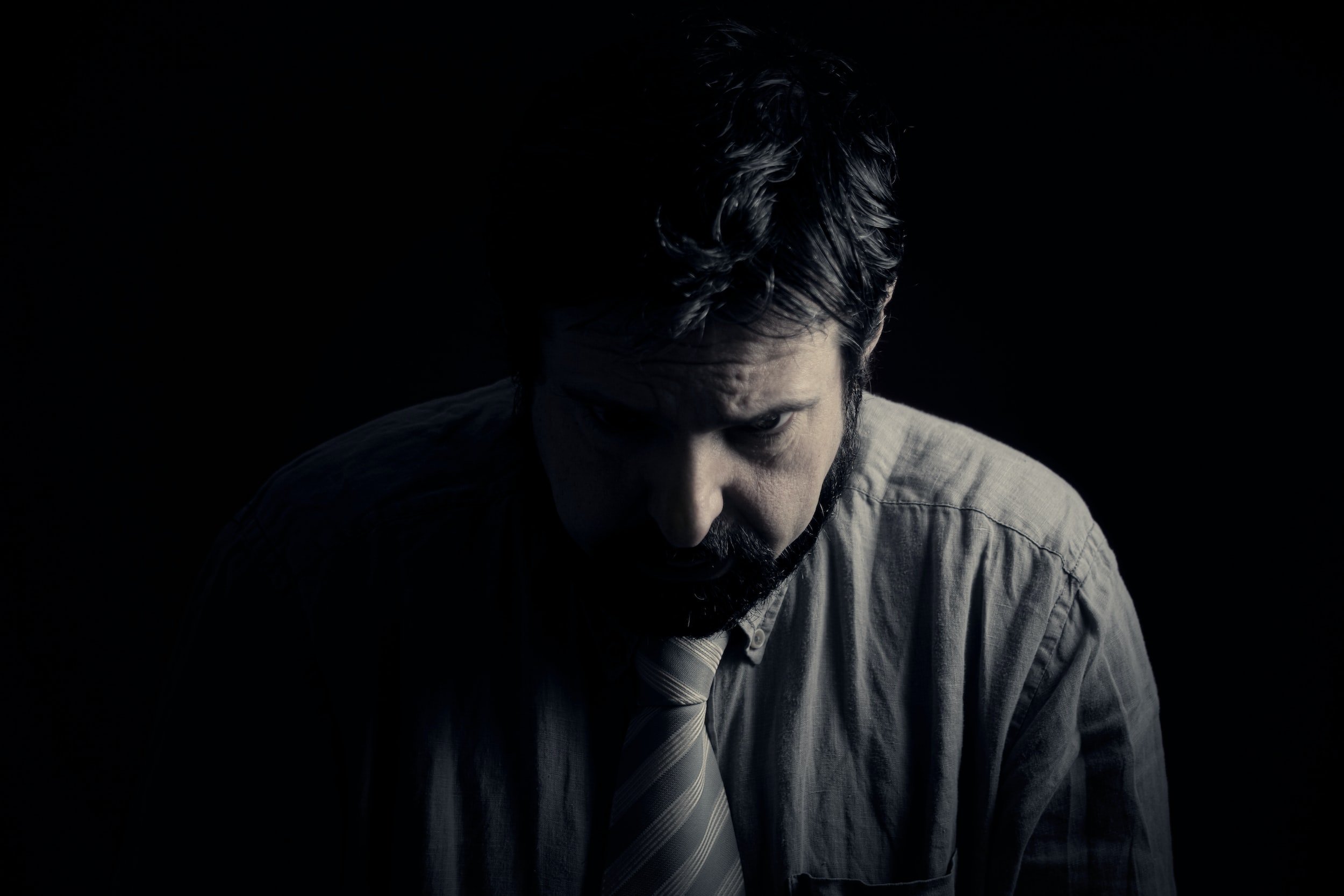What Are Symptoms Of Depression In Men?
Feeling a range of emotions is normal. But persistently feeling sad and withdrawing from friends and family can be a sign of a depressive episode, which can have devastating effects on every area of your life.
While anyone can suffer from depression, there are different ways it presents itself in men and women. It can be difficult to diagnose depression in men because it’s sometimes harder to spot. If you suspect you or a loved one are suffering from depression, take action so you can live an emotionally healthier life.
What is depression?
Depression is a serious mental health condition characterized by:
a loss of interest in pleasurable activities
withdrawing from family and friends
feelings of guilt, shame, impending doom, and sadness
changes in eating habits
insomnia or hypersomnia
irritability
difficulty concentrating
fatigue
If you have these symptoms for two weeks or more, you may be diagnosed with a depressive episode. And in men, these symptoms may look different.
Anger vs. sadness
Men are less likely to be open about their feelings. Instead of showing sadness or melancholy, they’re more prone to irritability and anger. Anger is one of the more societally acceptable emotions for men to exhibit. But because anger is a secondary emotion and always has an underlying cause, that emotion underneath needs to be addressed.
Physical ailments
Men are also more likely to see a doctor to treat physical symptoms as opposed to emotional ones. Depression does affect the body. You may experience frequent headaches, digestive issues, sleep disturbances, or a tight chest as symptoms of depression. Your immune system might also take a hit, so you might get more frequent colds and coughs. Men might also experience erectile dysfunction or sexual difficulties. But because depression is commonly thought of as a purely emotional disorder, these somatic issues sometimes mask their underlying cause. Depression can also be caused by chronic or severe acute illness. When your body is unable to do the things it once used to, you can feel distressed, unhappy, and frustrated.
Substance abuse
Men are also more likely to turn to drug and alcohol abuse than women. This is an unhealthy coping mechanism that can quickly spiral into addiction. Drinking and using drugs also create a vicious cycle. You might use substances to numb your bad feelings, but abusing them negatively affects your relationships with friends, loved ones, and coworkers. This in turn fuels your depression, so you feel even more of a pull to abuse drugs or alcohol.
Thoughts of suicide
Men are more likely to commit suicide, though women attempt suicide at higher rates. This is possibly due to men using more lethal methods in their suicide attempts. Men are also much less likely to get help for their mental health until it’s too late. When depression is discussed in purely emotional terms, it’s harder for men to recognize that their struggles are tied to their mental health more than anything.
How can you seek treatment?
Depression doesn’t go away just because you want it to. While there is work you can do on your own, often you’ll need a combination of medication and psychotherapy to treat your depression. Start taking action by:
eating healthier
getting exercise
sticking to a consistent sleep schedule
practicing mindfulness and meditation
limiting alcohol intake
If you believe you’re suffering from a depressive episode, speak to your doctor and a mental health professional. You may be prescribed an antidepressant which will address your brain’s chemical imbalances. Finding a good therapist is also key to improving your mental health. Through therapy, you can learn positive coping mechanisms, the keys to mindfulness, and how to regulate your emotions.
To learn more about how depression therapy can help men, please reach out to us.


